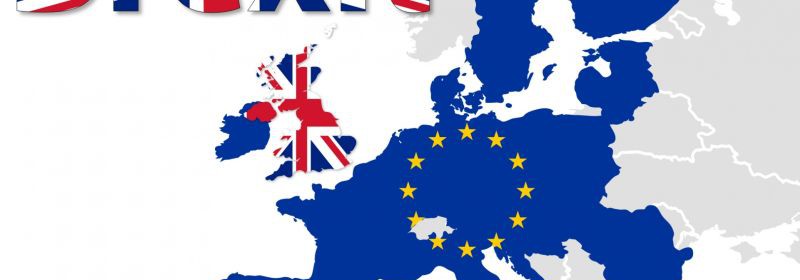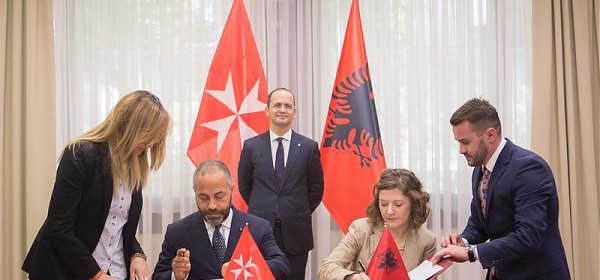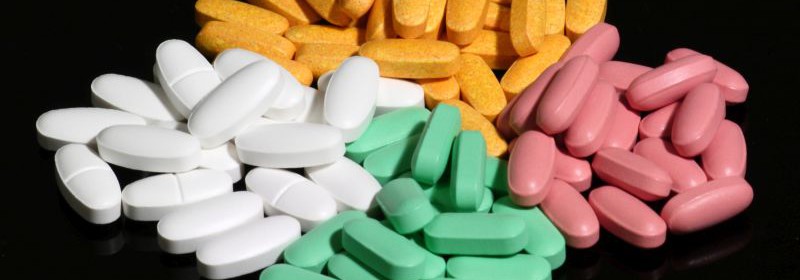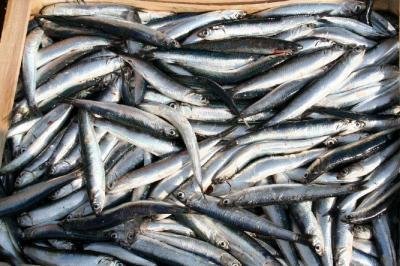MALTA AMONG EU COUNTRIES MOST VULNERABLE TO CONSEQUENCES OF BREXIT

Malta, a central Mediterranean country, is one of the 28 member states of the European Union. Probably the smallest in size, demographics and political, economic and financial clout. Yet, its legacy with the United Kingdom as a colony from 1798 to 1964 places it in a privileged relationship with Great Britain, whether within the context of the European Union or not. In the Euro-Mediterranen region, Malta is the only country where English is an official language alongside the national Maltese vernacular. Malta has grown into a flourishing independent republic by adopting and adapting the British way of doing things into a unique combination of pragmatism and Mediterranean creativity. This will certainly change with the new generations having less tangible memories of the colonial times and being more exposed to continental and global affairs and pressures.
On the above premise, whether the Maltese have a clear opinion on the upoming Brexit Referenum on 23rd June is hard to establish, although together with Ireland and Cyprus, another two countries with very close historic ties to the United Kingdom, Malta would be particularly deeply affected if the UK chooses to leave the EU. The negative effects would mainly be felt in higher export costs, as well as potential barriers to direct British investment on their territories.
At a popular level the issue follows the classical trend of the pro and the anti EU lobbies, without really delving into the nitty gritty details of the consequences this historic referendum would have for the European Union and Malta itself.
On the political side the position is more articulated. In general both major political parties, the Nationalist Party in opposition, and the Labour Party in government, agree on pushing for Britain to remain both for economic and political reasons. On his part Prime Minister Joseph Muscat also said that a British exit from the EU could have positive ripple effects on Malta’s financial services industry. “Malta can benefit in that financial services companies based in the City of London might be tempted to relocate to an EU member state”, he added.
The Nationalist Leader, Simon Busuttil, raised the social issue related to the rights of the Maltese relocated in the UK in case the British decide to leave the EU. Britain is a natural destination for Maltese both to further their academic studies and for working purposes. “If the British negotiated a deal at the summit that in some way diminishes social benefits rights for EU citizens working in the UK and the children, does this mean that the rights of the thousands of Maltese living in the UK will be in any way diminished?”, Busuttil is rightly asking.
But historical ties are hard to die. A bilateral agreement on social security and health between Malta and the UK has been in place since 1986, and will still apply in the case of a Brexit.
Martin Micallef
(ITALPRESS/MNA).
Source: medNews










